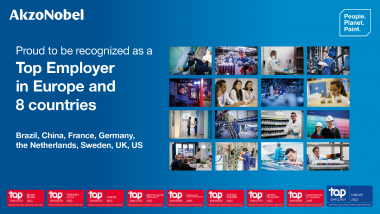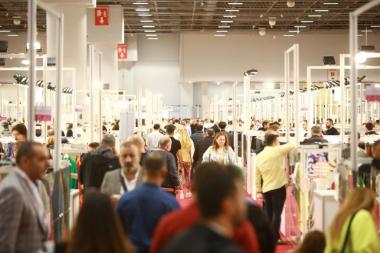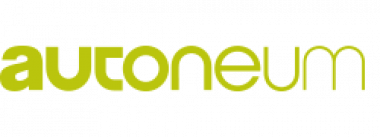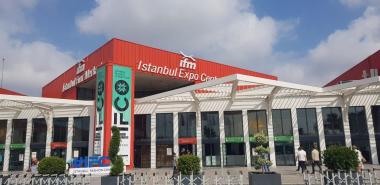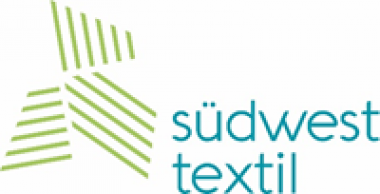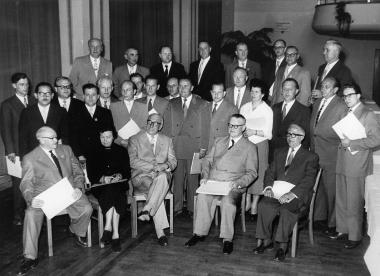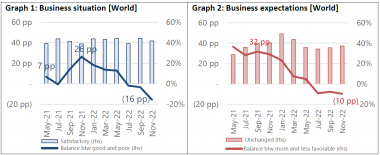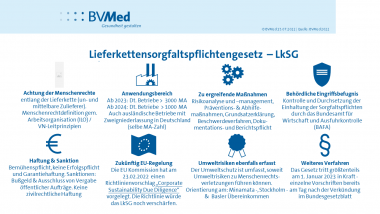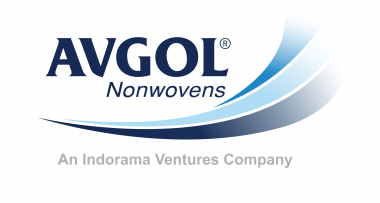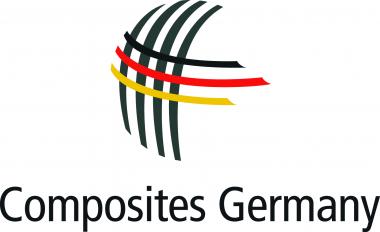AkzoNobel again a European Top Employer
AkzoNobel has been rated as a European Top Employer by the Top Employers Institute for the second consecutive year.
In the latest benchmark review, the company has been recognized in eight countries – Brazil, China, France, Germany, the Netherlands, Sweden, the UK and the US – all of them repeat certifications. AkzoNobel qualifies as a European Top Employer because five of the certified countries are in Europe.
Each year, the Top Employers Institute certifies organizations who are focused on putting people first through their HR policies. The survey covers six HR domains consisting of 20 topics, including people strategy, work environment, talent acquisition, learning, diversity and inclusion, and well-being.
The latest 2023 rating marks the second certification in a row for AkzoNobel in France, Germany and Sweden, the fourth for the Netherlands and the US, the seventh for Brazil, the tenth for China and the 11th for the UK.
AkzoNobel


